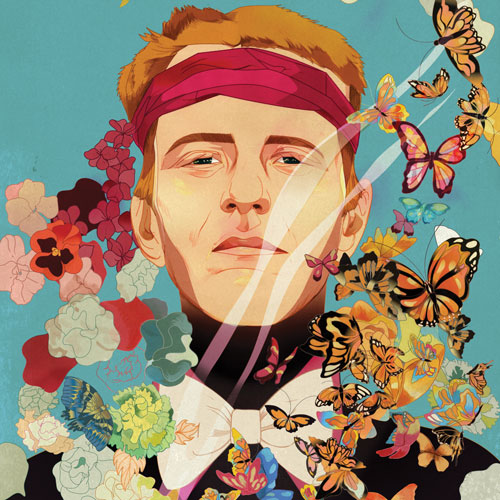Medicine
December 16, 2025

From "science fiction" to science reality
Better treatments are on the horizon thanks to the philanthropy-powered work of the UW Institute for Protein Design.
December 6, 2025
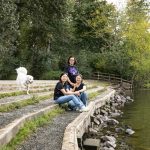
Caring for an aging America
Recent nursing graduate Antonia Ca brings her whole self to her career.
December 3, 2025
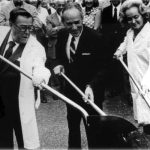
50 years of fighting cancer
Founded in 1975 and named to honor a brother, the Fred Hutch Cancer Center became a world-class biomedical research and clinical care institution.
October 20, 2025

A force in military medicine
Blending her devotion to serving for critical care patients with her passion for the military, Elizabeth Bridges makes a global impact.
September 4, 2025
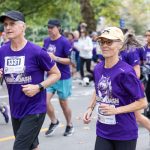
How old are you really?
The UW-created Health Octo Tool measures biological age, offering a more accurate picture of aging and a guide for living longer and healthier lives.
June 18, 2025
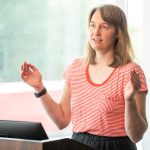
Early riser
Lindsay Schwarz received the highest honor handed out by the U.S. government to scientists and engineers in independent research.
June 10, 2025
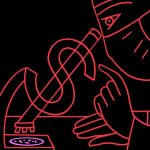
Science under siege
Cuts in federal funding will close labs and stall cures for UW researchers.
June 4, 2025

Take the plunge
Members of the Golden Gardens Swim Club, many of them UW alumni, enjoy the thrills and chills of open water swimming in Puget Sound.
March 11, 2025
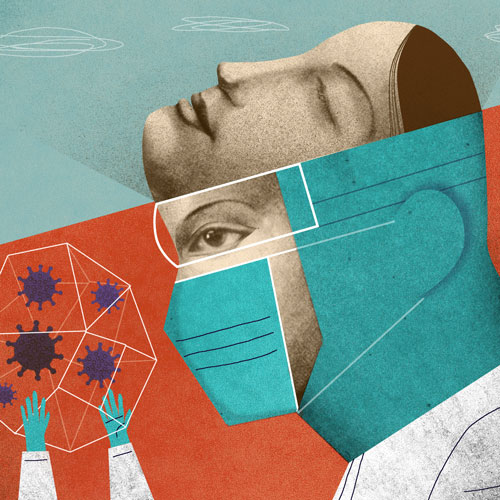
Facing down COVID-19
The UW's contributions to testing, vaccinations and research have been groundbreaking over the past five years.
March 5, 2025

United vision
A new relationship between UW Medicine and Fred Hutch creates the UW’s nationally renowned adult cancer program.
December 10, 2024
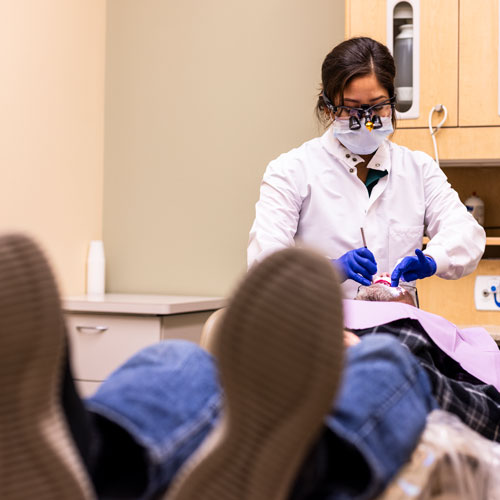
Filling a need
Oral health, which is key to well-being, is lacking in some of Washington's rural areas. This UW program aims to fix that.
October 28, 2024
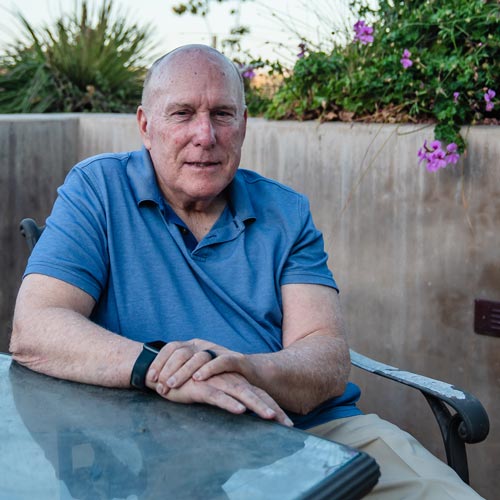
Distinguished veteran
The highly decorated veteran, surgeon and professor considers the DAVA among his greatest achievements.
September 18, 2024
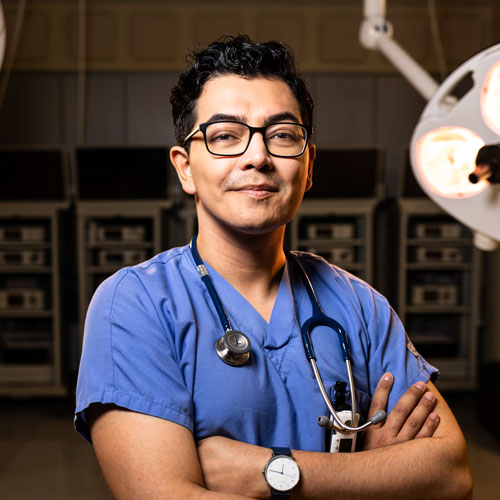
Bridging the gap
Thanks to support from the Costco Scholarship Fund, Carlos Estrada Alamo, '11, was able to pursue a dream career in healthcare.
September 13, 2024
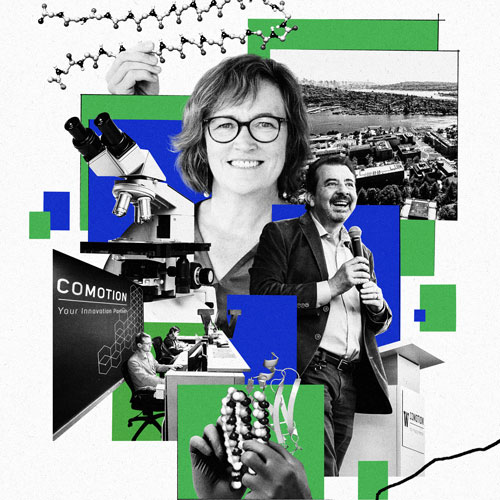
Novel approach
With new support of private equity, CoMotion is helping a UW professor's quest to diagnose Alzheimer's earlier.
September 12, 2024
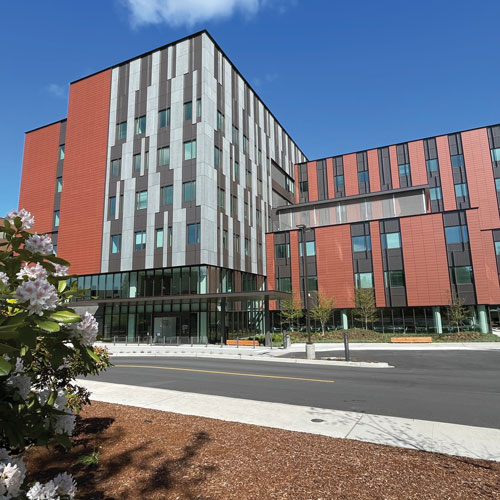
Care for all
UW Medicine opens a new center for behavioral health care and for training the next generation of mental health professionals.
June 7, 2024
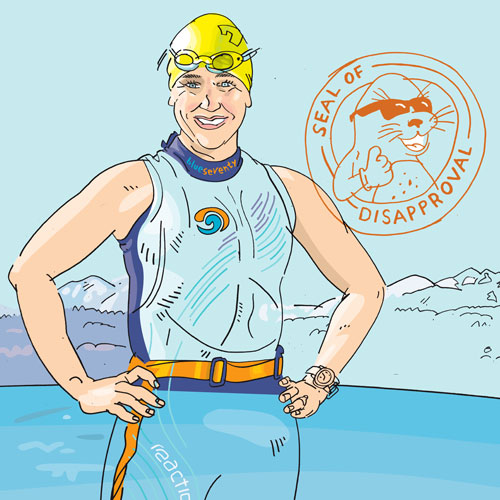
Sketches: Dana Robertson-Halter
Dana Robertson-Halter tells us about her seal encounter last summer near Decatur Island.
May 30, 2024
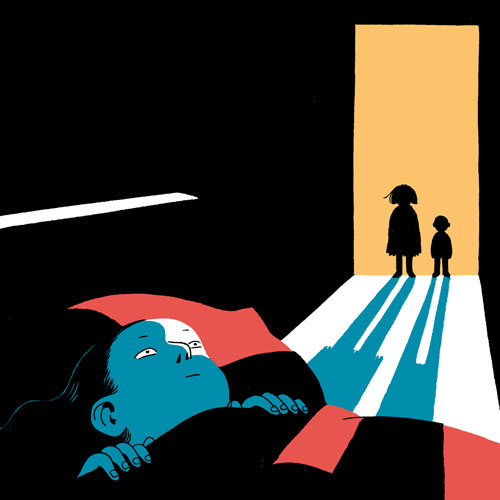
A dose of advice
A pediatrician weighs in on the recent spike in melatonin use for kids who can't sleep.
February 23, 2024
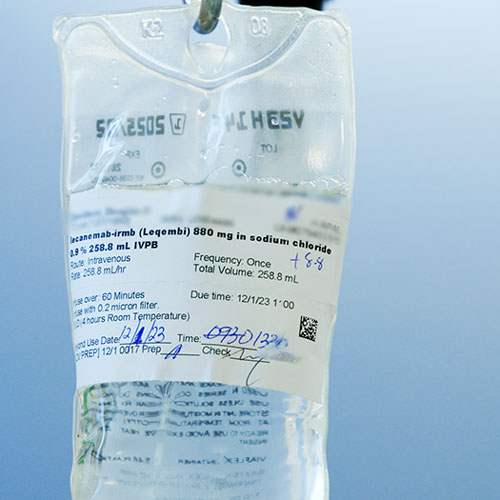
Alzheimer’s ‘milestone’
Doctors describe a new drug as a first step toward revolutionizing the treatment of Alzheimer's disease.
November 26, 2023

Hometown health care
Raised on a dairy farm, Wyatt Bowles dreamed of becoming a hometown doctor. Thanks to scholarship support at the UW, that dream can come true.
